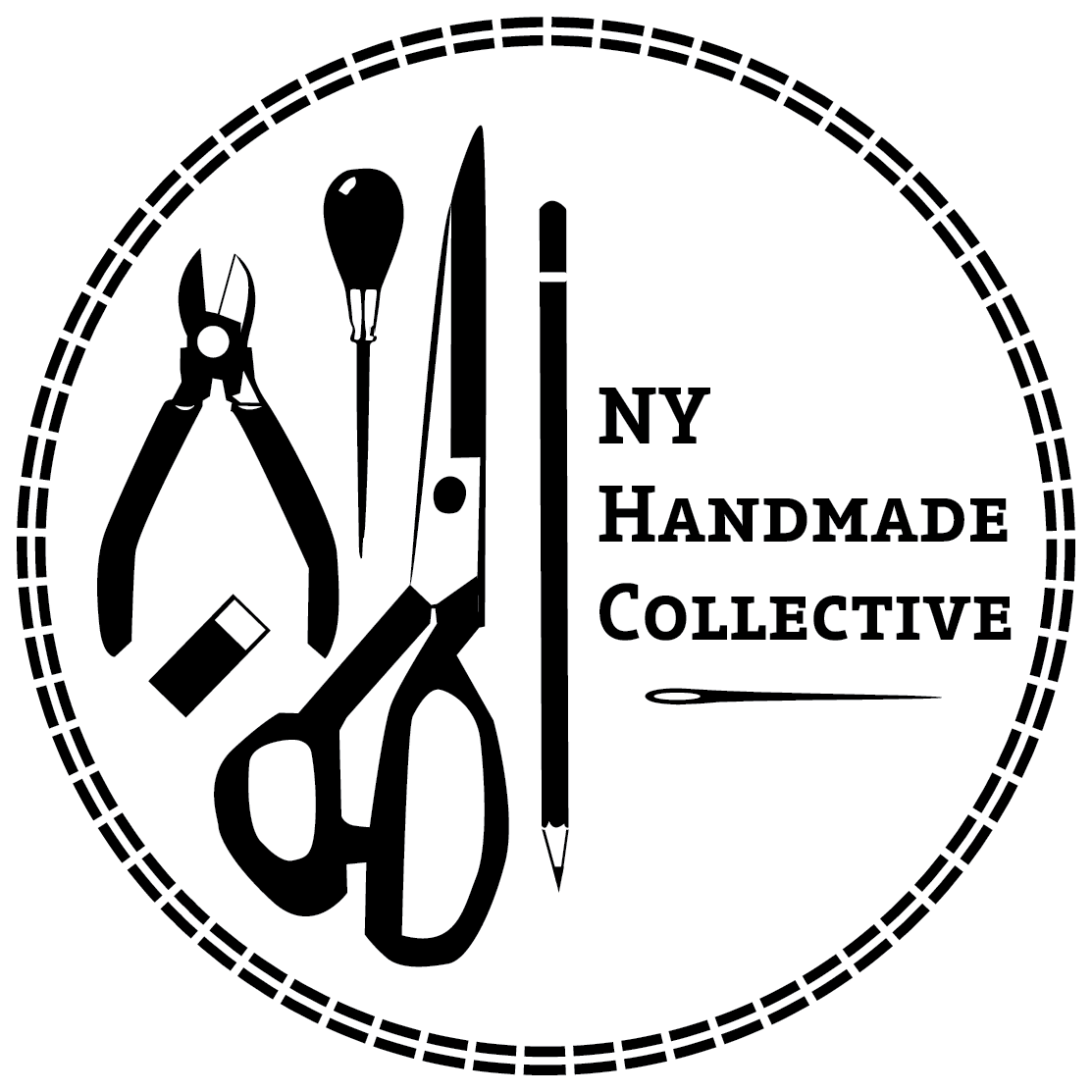Adventures in Shrink Plastic
Remember ShrinkyDinks? Well, they're still around. Generically they're called shrink plastic or shrink film and can be found in blank sheet form in art supply and craft stores (at Michaels they're in the scrapbooking section). AND they've been updated for our digital life. Yep -- in addition to the draw- (or stamp, paint, etc.-) on kind, it comes formulated for use with ink-jet printers.
I became interested in using shrink plastic awhile back to make art pendants with my own digital images. I needed a way to make a lot of a particular design without having to start from scratch every time (I don't draw especially well). I eventually settled on decoupage but my curiosity about shrink plastic never left me. Then this past weekend a customer at the GreenFlea (where I was a selling my wares) asked me if my decoupage Scrabble-tile pendants could be used as key chains. Alas, they can't. They're just not durable enough. Thankfully she bought one anyway but it got me thinking about shrink plastic again. This customer wasn't the first to ask that question, and other people have also more directly suggested I apply my designs to making some kind of key chain. I thought shrink plastic might work well for that because it would allow me to reproduce my images several at a time (like I do for Scrabble-tile pendants), and because the final product can withstand the wear-and-tear that a key chain endures. So, I took myself to Michaels and got me some shrink plastic.
I got ShrinkyDinks brand white plastic sheets and Aleen's spray acrylic sealer (gloss) to protect the printed images from smudging or running after baking. Ink-jet printer ink isn't waterproof! And it'll scratch off eventually. If it's going to be attached to a bunch of pointy metal objects and tossed around in bags and coat pockets, the image needs to be protected. Because a water-based sealer clearly wouldn't work, and because I hate cleaning-up solvent-based varnish, I got the spray. It's smelly but effective.
I wanted an approximately 1"x1.15" final product (a little bigger than a scrabble tile pendant) so I started with a 2"x 2.25" image. (The instructions didn't say how much they would shrink but from the picture on the back of the package it looked like it was about 50%.) I had to resize and lighten the images I use for Scrabble-tile pendants considerably. The lightening process took forever because I tried a couple of different methods, and got a much better result doing it directly in my drawing program, which was more complicated.

Screen-shot of my re-sized images before (top) and after lightening them. I copied and pasted the lightened images from my drawing program into a table in Word for printing.

Printed, cut, and ready to be baked! The hole at the top is a little close to the edge on this one but it turned out OK. Even so, I'd recommend putting the hole a bit deeper in.
Following the package instructions precisely, I arranged my cut images on a piece of a brown paper shopping bag on a baking sheet. The instructions, though extensive, didn't say how far apart to place them from each other on the paper. Considering they shrink rather than grow in the baking process, I put them rather close together. It worked out fine.

Shrunk. They're about .75"x.87" -- the same size as a Scrabble-tile pendant.
The question of how much the pieces shrink was actually quite pressing by the end. It's a bit more than 50%. This was more than I expected, and resulted in a final product that I thought might be a bit small for a key chain.
So I made up another batch. Pre-shrunk, the pieces ranged in size from almost 4"x4" to 4"x3.25". Shrunk, they measure between just under 1.75"x1.75" and 1.75"x1.25". Probably better for a key chain but still in need of some fiddling.
Since the second batch was closer to the size I was aiming for, I just varnished those for now. I set them on some wax paper and followed the directions on the back of the can.

Spray-sealing in the bathroom, away from anything alive or edible
Duly varnished. Nice and shiny.

Final product!
A couple of little notes for the especially interested: Some of the pieces distorted in baking. I think this is because the paper I put them on wasn't flat (it was a used paper bag). I suspect you could use something other than a brown paper bag to place them on (as most of those at our disposal are used like mine), like kraft paper or maybe even parchment paper.
The images came out of the printer covered in schmutz, I'm guessing from the printer itself. Some of it brushed off easily but some was kind of sticky and couldn't be removed without marring the image. It showed up on the final product but didn't ruin it. So, depending on how fussy you are, maybe clean your printer rollers before printing on the plastic.
So there you go: Shrink plastic. Who knew?
Until next time --







